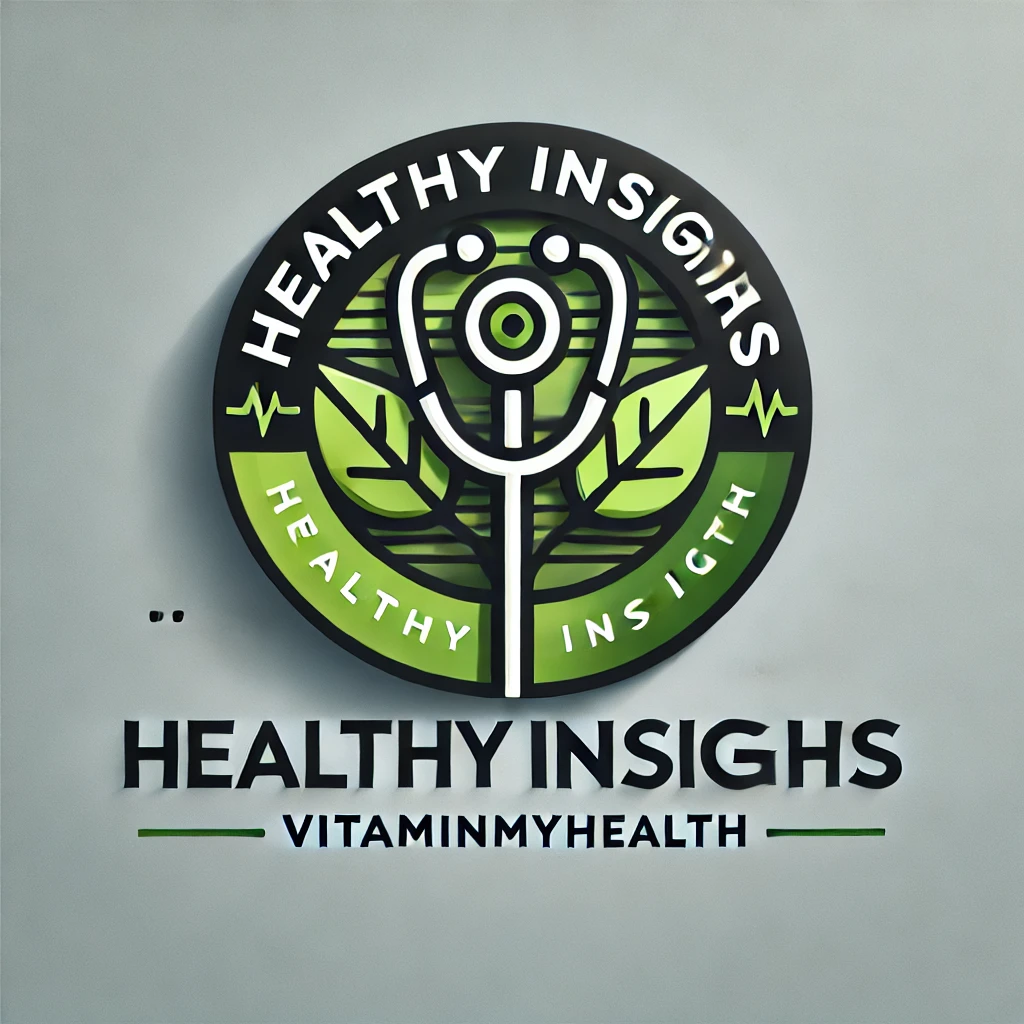Thiamine (Vitamin B1): Benefits, Deficiency Symptoms, and Dietary Sources
Thiamine, also known as vitamin B1, is one of the essential B-complex vitamins your body needs for energy production and healthy nerve function. It plays a vital role in glucose metabolism, ensuring that the food you eat is efficiently converted into energy. Without enough thiamine, your body struggles to generate fuel (ATP), leading to fatigue, nerve damage, and other health complications.
Thiamine and Glucose Metabolism
Thiamine is a cofactor in the pyruvate dehydrogenase enzyme, a critical step in glucose metabolism. This means your body cannot efficiently convert glucose into ATP (cellular energy) without it. In simple terms, thiamine acts as a gatekeeper of energy production.
-
If thiamine levels are adequate, your body uses glucose and oxygen properly.
-
If thiamine is deficient, energy production slows down, which can lead to fatigue and poor metabolism.
👉 For more on how vitamins affect metabolism, check out our guide on Best Vitamins for Energy and Fatigue.
Thiamine in Fatty Acids, Nucleic Acids, and Brain Health
Beyond energy, thiamine is also essential for:
-
Fatty acid synthesis (important for cell membranes)
-
Nucleic acid production (DNA & RNA)
-
Neurotransmitter balance (supporting mood, memory, and brain function)
According to the National Institutes of Health (NIH), thiamine deficiency can negatively impact both mental and physical health.
Dietary Sources of Thiamine
The best way to get thiamine is through a balanced diet. Foods rich in vitamin B1 include:
-
Legumes (beans, lentils, peas)
-
Pork
-
Brown rice and whole grains
-
Yeast
-
Fortified breakfast cereals
⚠️ Cooking and heating foods can destroy thiamine, so eating a mix of raw and cooked thiamine-rich foods helps maintain balance.
Risk Factors for Thiamine Deficiency
Certain individuals are more likely to suffer from vitamin B1 deficiency:
-
People with bariatric surgery
-
Chronic alcohol users
-
Individuals with HIV/AIDS
-
Those taking certain medications like furosemide (Lasix)
Severe thiamine deficiency may lead to beriberi or Wernicke-Korsakoff syndrome, both of which damage the nervous system.
For a deeper dive, visit World Health Organization – Micronutrient Deficiencies.
Health Benefits of Thiamine (Vitamin B1)
1. Prevents Neurological Disorders
Adequate thiamine intake helps prevent Wernicke-Korsakoff syndrome, especially in alcoholics and malnourished individuals.
2. Supports Alcohol Withdrawal Recovery
Supplemental thiamine protects against alcohol-induced metabolic imbalances, reducing withdrawal complications.
3. Boosts Heart Health
Thiamine aids in producing acetylcholine, a neurotransmitter that keeps the heart beating properly. It has also been shown to improve symptoms of congestive heart failure.
4. Improves Metabolism and Energy
By helping convert carbohydrates into glucose and breaking down fats and proteins, thiamine ensures efficient metabolism and energy production.
5. Protects Eye Health
When combined with other B-vitamins, thiamine lowers the risk of glaucoma and cataracts.
6. Other Potential Benefits
Research suggests thiamine may also help with:
-
Alzheimer’s disease
-
Depression and mood regulation
-
Diabetes management
-
Fibromyalgia
-
Multiple sclerosis (MS)
Symptoms of Thiamine Deficiency
Early and prolonged deficiency may cause the following:
-
Loss of Appetite – often leading to unintended weight loss
-
Fatigue – due to impaired energy metabolism
-
Irritability & Mood Swings – common in both adults and infants
-
Nerve Damage (Neuropathy) – tingling in arms/legs, muscle weakness, confusion
-
Rapid Heartbeat – a sign of advanced deficiency (beriberi)
👉 Learn more about Nerve Health and Vitamin B12 and how it complements thiamine for neurological balance.
Frequently Asked Questions (FAQ) About Thiamine
1. What is thiamine used for in the body?
Thiamine helps convert food into energy, supports nerve and heart function, and aids in brain health.
2. What are the best dietary sources of thiamine?
Legumes, pork, whole grains, fortified cereals, and yeast are excellent natural sources.
3. Can cooking reduce thiamine in food?
Yes. Heat destroys thiamine, so lightly cooked or raw thiamine-rich foods help preserve it.
4. Who is most at risk for thiamine deficiency?
Alcoholics, people with HIV/AIDS, those on diuretics like furosemide, and patients with bariatric surgery are at higher risk.
5. Can thiamine help with alcohol withdrawal?
Yes. Doctors often prescribe thiamine to alcohol-dependent individuals to prevent neurological damage.
6. How much thiamine do I need daily?
According to NIH guidelines, adults need about 1.1–1.2 mg per day.
Conclusion
Thiamine (vitamin B1) is a critical nutrient for maintaining energy levels, heart health, nerve function, and overall well-being. Deficiency can cause serious neurological and cardiovascular problems, but the good news is that it’s easily preventable through diet and supplementation when needed.
👉 Related: Vitamin B12 and Brain Health | Best Supplements for Energy
crossorigin="anonymous">
